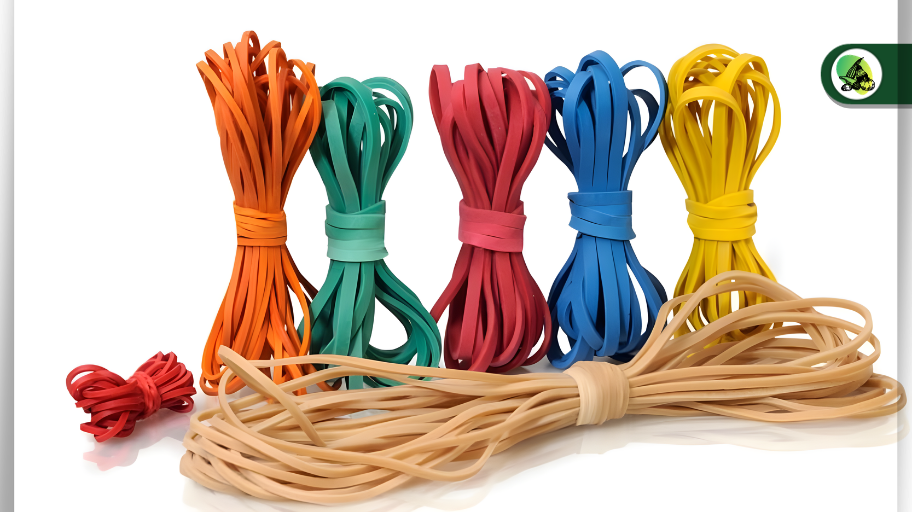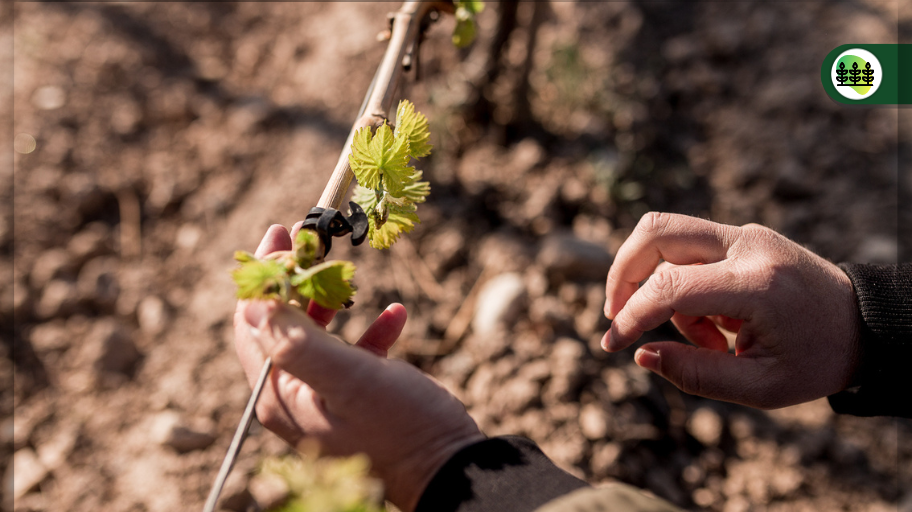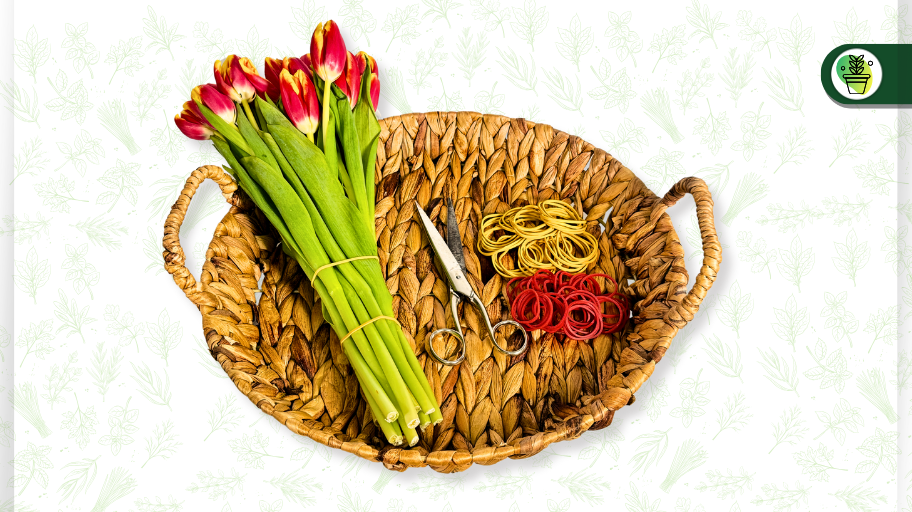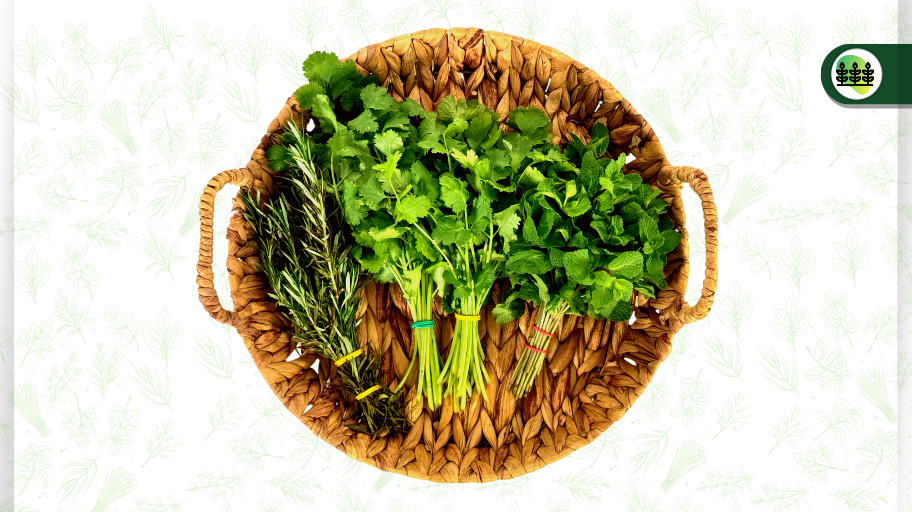Europe is still responsible for a significant part of the world’s food production, with steady growth in recent years. However, the industry faces significant challenges in terms of daily productivity times and process efficiency. The new decade heralds a change in the European agricultural model; sustainability, globalization, and technological change will be the pillars of today’s agricultural sector.
On December 2, 2021, the agreement on the reform of the Common Agricultural Policy (CAP) was officially adopted, through which the aim is to have – by 2030 – 25% of the European agricultural area under the organic production system. Ensuring a sustainable future for European farmers, emphasizing results and performance, is one of the ten specific objectives of the CAP.
This policy will also make it possible to achieve the objectives of the Farm to Fork Strategy, where food systems are fair, healthy, and environmentally friendly. To achieve this, we must start with solutions ranging from reducing pesticide use to environmentally responsible tying and restraint systems.
Tying Systems Most Used in the Agri-Food Sector
Among the most commonly used tying systems in agriculture that can be classified as –environmentally responsible-, taking into account their composition of natural fibers, are:
- Raffia twine: created from raffia, a natural fiber material obtained from the leaves of the Raphia palm tree.
- Sisal ropes: they are obtained from sisal, a raw and sustainable material from the agave plant.
- Cotton rope: cotton rope is made from plant material, making it biodegradable and environmentally friendly.
- Rubber bands: made from natural rubber, a material obtained from a milky substance called latex extracted from tropical plants such as Hevea brasiliensis.
Natural Rubber Bands for the Agri-Food Sector
Natural rubber bands for the agri-food sector are an efficient and economical solution; in addition, they allow you to distinguish products according to their variety of colors. They have become a versatile and efficient tool due to their ease of use and placement.
The rubber bands produced by Bandex are a plastic-free product made of 100% natural rubber. Among its most common uses in the sector are:
- Tying of product stalks – chard, spinach, asparagus, etc.-
- Tying of leaves -lettuce, radicchio, etc.-
- Grouping fruits, aromatic herbs, and vegetables
Our products fulfill all European quality and food safety standards, certified for food contact, which makes them an attractive plastic-free option, in accordance with the requirements of large food stores and supermarket networks committed to respecting the environment.
Natural rubber is a water and cold-resistant product, which allows our rubber bands to be wet and refrigerated during product transport, keeping their technical characteristics intact and leaving no residues.
According to these characteristics, we have a wide variety of versatile sizes and thicknesses of products. Other sizes can be manufactured under request. Our main packaging format is in 20kg bags, which can be customized to satisfy the needs of each customer.
What Other Types of Rubber Bands are Used in the Agricultural Sector?
In addition to natural rubber bans, the anchor band -EPDM- is commonly used for trellising and guiding vines and fruit trees on trellises, trellising young plants, and closing protectors.
Compared to other systems, the anchor band offers a much more agile and easy-to-use solution which, being a reusable product, reduces supply costs. Other characteristics that should be taken into account about the anchor rubber bands made in Bandex are:
- Highly elastic: It grows with the plant avoiding wounds or the guillotine effect of other systems.
- Resistant and Anti UV: Resists extreme temperatures and sudden changes outdoors
- Durability: Can last more than five years on plants
Anchor Rubber Bands for Staking and Protecting Vines, Olive Trees, or Fruit Trees
The stakes of new plantings of fruit trees, olive trees and/or vineyards can be closed using anchor bands. The closing process involves wrapping the anchor band around the plant stem and the stake, securing it in place. The elasticity of the anchor band allows for a tight but flexible fit, providing support and stability to the plant as it grows. This also prevents the strangulation of the tree or branches, adjusting to their thickness as they grow in full force.
The protection for these types of crops, such as tubes or protection nets, can also be secured with anchor bands to provide stability and adequate fixation. This makes it possible to protect them from external factors such as wind, rain, snow, hail, impact of objects, or even rubbing against animals. The anchor band stakes and protectors provide a protective shield around the plants, reducing the risk of breakage, bending, or physical damage.
At Bandex, we have a wide variety of sizes and thicknesses of products between 3 cm and 30 cm, and we also manufacture other sizes on demand. The standard packaging format is 1kg or 5kg bags or customizable according to the needs of each customer.
Do you need more information? Do not hesitate to contact our team and receive a guide to introduce the rubber bands in your tying system. Get the details from experts in rubber bands for the agri-food sector.






